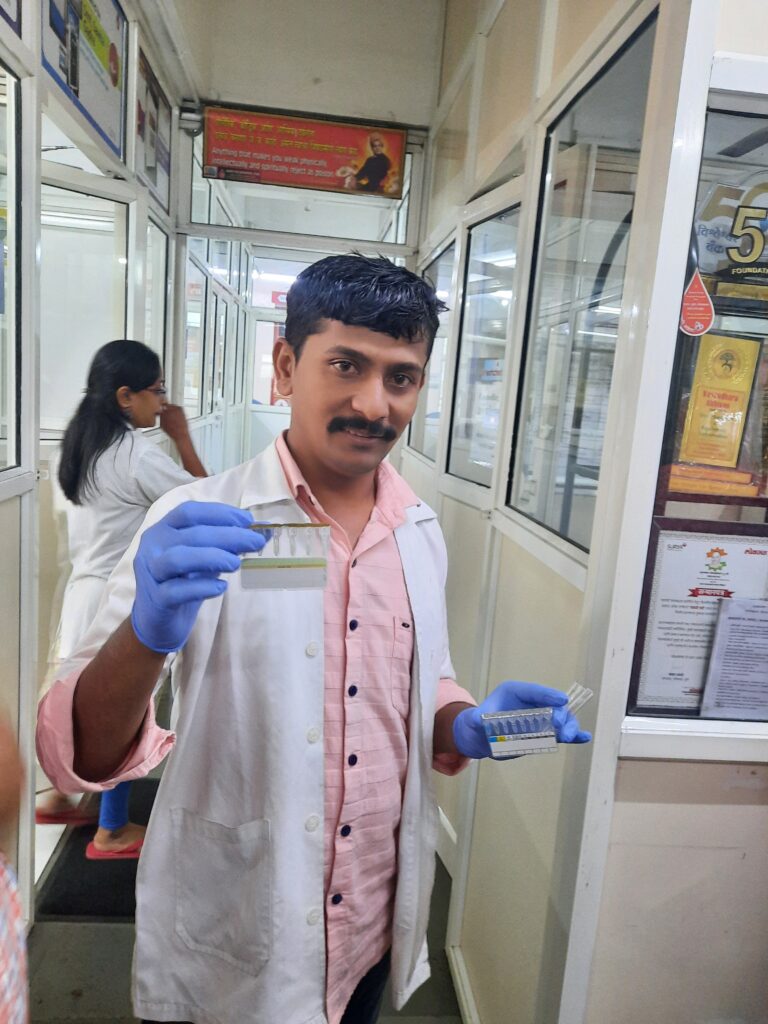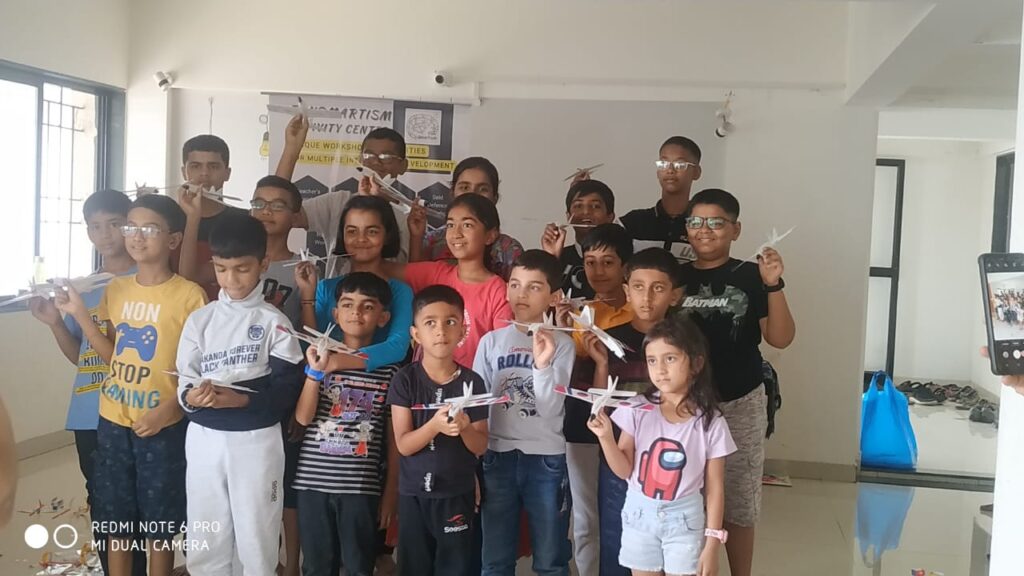Skill building for Future
future of our nation and your family are children. Do you want your child to be confident real world challenges independently in future?
children may learn and discover many things while growing up, it is essential to teach them life skills that will benefit them always. Skill Building should go on through out the life but that should begin in childhood. you need to put in effort, patience, time, and consistent work while teaching life skills to your child. starting from young age, assign task appropriate for their age, that will nurture skills and confidence in your child.. Developing life skills helps them grow, become mature, and achieve success.
 To illustrate, let’s take the story of Aanya, a 12-year-old who wanted to start her own small craft business. Aanya loved making handmade greeting cards but didn’t know how to manage money or plan her time effectively. Her parents encouraged her to take responsibility for her small project. They taught her how to budget, price her cards, and even maintain a journal to track her orders and income. Initially, Aanya struggled with keeping up with her schoolwork and crafting, but over time, she learned to manage her time better. The pride she felt after successfully delivering her first 10 orders boosted her confidence and made her realize the importance of planning and perseverance. This hands-on experience taught her financial management, time management, and problem-solving—all crucial life skills.
To illustrate, let’s take the story of Aanya, a 12-year-old who wanted to start her own small craft business. Aanya loved making handmade greeting cards but didn’t know how to manage money or plan her time effectively. Her parents encouraged her to take responsibility for her small project. They taught her how to budget, price her cards, and even maintain a journal to track her orders and income. Initially, Aanya struggled with keeping up with her schoolwork and crafting, but over time, she learned to manage her time better. The pride she felt after successfully delivering her first 10 orders boosted her confidence and made her realize the importance of planning and perseverance. This hands-on experience taught her financial management, time management, and problem-solving—all crucial life skills.
The concept of “21st-century skills” isn’t new—skills like critical thinking, collaboration, and problem-solving have been taught in classrooms for decades. Life skills are crucial for kids overall growth and development. Let children to grow their true abilities and improve their self-confidence by making them feel more independent. Learning and adapting these skills can also strengthen their decision-making skills to live understandingly with others in society. Therefore, finding fun and entertaining ways for it is a must.
Higher-order thinking requires participants to apply their knowledge and reasoning skills to solve complex problems. For example, teaching children how to make logical decisions, ,explore options and understand the effect of their decisions on others is priceless. critical thinking, ,Time management, handle failure, and toughness are a few life skills that children should learn to be responsible, be mindful and confident . Schools can incorporate life skills education into their curriculum by providing classes that teach practical skills like time management, financial management, decision-making and communication, confidence and self-esteem can be gained from this knowledge and experience of practical skills acquired Such training helps them with opportunities to solve problems, make decisions, and deal with real-life situations on their own.
Consider the story of Aarav, a 10-year-old who participated in a robotics competition. Aarav’s team was tasked with building a robot that could complete a specific task. Midway through the competition, their robot malfunctioned, and they were running out of time. Instead of giving up, Aarav and his teammates analyzed the issue, split tasks among themselves, and worked together to fix the problem. Though they didn’t win the competition, Aarav learned the importance of teamwork, persistence, and problem-solving under pressure. His parents later remarked how this experience made him more confident in tackling challenges at school and at home.
How to encourage the children to learn life skills? Parents can be good role models, making them take part in activities that require life skills in their daily lives, giving them a supportive and encouraging environment, This helps in developing good habits and proper judgement. children’s talents, mental and physical abilities and personalities and get developed with ,Life skills
Possessing life skills helps children to find various ways of solving problems, build self-esteem, and self-confidence, check options, appreciate others and build empathy, develop a greater sense of self-awareness, ,make better decisions, recognize the effect of their actions and also become responsible, improve self-regulation, and prevent negative and high-risk behaviors.
Raise yourself to high cognitive ability skills. Don’t be common. Prioritize different skills depending on what is most important to the respective communities. Generally, critical thinking, communication skills, creativity, problem-solving, analyzing skills, perseverance, collaboration, information literacy, technology skills and digital literacy, logical thinking skills, media literacy, global awareness, self-direction, social skills, memory skills, self-independence, self-defense, coping skills, decision-making, talking to strangers,, understanding other people’s point of view, time management, handling failure, facing challenges, perseverance, etc., are important
Parents should also teach their children Problem solving skills.
Providing them with opportunities to solve problems, make decisions, and defeat challenges on their own is necessary. To let children build confidence, allow them to understand a few things on their own and give them opportunities to do tasks and activities without your help This helps build self-esteem, confidence and and inspires them to be self-reliant.
Those who have logical thinking skills will have unusual ways of looking at the matter. It involves exercises for the brain, improves analyzing skills, problem-solving skills, memory, hand-eye coordination, persistence, patience, and develops new neuron connections. It strengthens memory pathways, acts as a stress buster, helps in brain development, logical development, and provides a feeling of achievement.
Those who have analytical skills will have independent thinking. With your support and guidance, children have the potential to overcome their fears and achieve great things. Help them set realistic goals and encourage them to celebrate each step taken towards those goals.
By experimenting with different methods of doing things, children can get better at anything. If they don’t try experimenting, they may not know what they are good at or capable of. Help your child see that making mistakes is a natural part of the learning process and that it’s okay to not get everything right the first time. Encourage them to focus on what they don’t know and build confidence by celebrating their successes.


